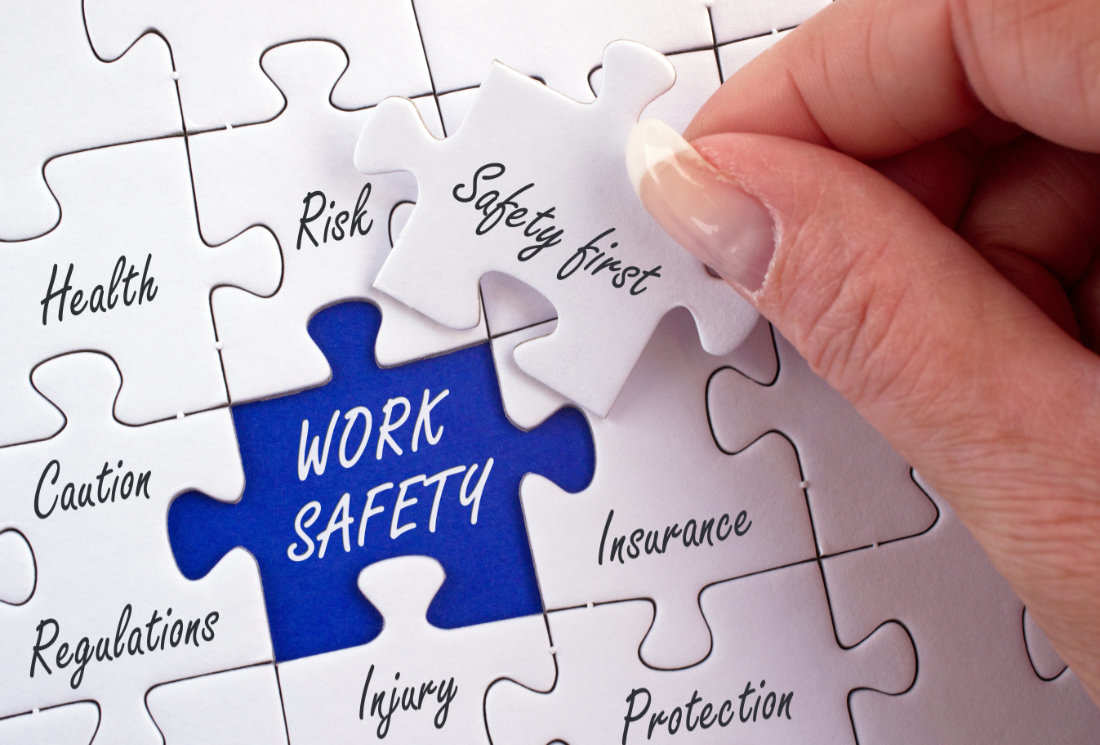Lessons to be Learned From Past Recessions
March 30, 2023
Whether or not we’re in a recession or a recession is on the horizon is a debate for pundits and economists. But you don’t have to be a fortune teller to know that a future recession will eventually come. The economy undulates like waves in the sea; sometimes it’s up and sometimes it’s down. Given this, it’s always a good idea to be prepared for the worst and to learn from the past.
Here are some lessons to be learned from past recessions for both individuals and business owners.
Build a Strong Financial Foundation
Having a strong financial foundation is crucial in weathering economic downturns. This means building an emergency fund, paying off debt and saving for retirement. By having a solid financial footing, individuals and businesses can be better prepared to handle unexpected challenges that may arise during a recession.
The Great Recession of 2008 is a prime example of a recession where having a strong financial foundation would have helped individuals and businesses. For example, people who had an emergency fund, low debt and savings were able to sustain themselves during the downturn. They were able to pay their bills, continue their job search or start their own business. On the other hand, those who were living paycheck to paycheck or had high levels of debt found it much harder to survive.
Diversify Your Income Streams
During a recession, certain industries and job types may be hit harder than others. Diversifying your sources of income can help mitigate the impact of a recession. This can include exploring side businesses or freelance work. By having multiple streams of income, both you and/or your business can be better positioned to withstand any economic turbulence.
During the 1981-82 recession, the unemployment rate rose to over 10%, and many industries, such as manufacturing and construction, experienced significant job losses. Workers in these industries who were unable to find employment could have benefited from diversifying their income streams. One option could have been to explore opportunities to start their own small businesses, such as a home-based baking or crafting business, which could be operated with relatively low start-up costs.
Cut Costs and Prioritize Expenses
During a recession, it's important to focus on reducing expenses and prioritizing spending on essential items. This means identifying areas where costs can be cut and allocating resources to the most important items. By conserving cash and being mindful of spending, you can rest easier knowing that you have a safety net and are not wasting the cash that you do have
Starbucks weathered the 2008 recession partly because they implemented a comprehensive cost-cutting program, which included closing underperforming stores, reducing employee benefits, and streamlining operations. Starbucks had other internal problems, and had to make many other changes, but cutting costs certainly played a big part in helping them to emerge from that recession in a stronger financial position.
Focus on Innovation and Adaptation
Recessions can create new opportunities for innovation and adaptation. Businesses that are able to pivot their products or services to meet changing consumer needs may be able to thrive during a recession. By staying nimble and adapting, businesses can position themselves for success both during and after a recession.
During the 1970s recession time, the United States faced economic challenges, including high inflation, high unemployment, and an energy crisis. However, one company that was able to thrive during this time was Xerox. One of its most successful innovations was the laser printer, which it introduced in the late 1970s. By focusing on innovation and investing in new products, Xerox was able to adapt to changing market conditions and turn a profit when other companies were flailing.
Don’t Panic and Stay the Course
During a recession, it's important to stay calm and not make rash decisions based on fear or panic. This means staying invested in the stock market if that’s something you do, and not selling investments during a downturn out of fear. By maintaining a long-term perspective and avoiding knee-jerk reactions, you can increase your chances of riding out a recession in reasonable financial shape.
Prioritize Communication and Transparency
Maintaining open communication with customers, employees and stakeholders is crucial during a recession. This means being transparent about any changes in business operations, such as layoffs or reduced services and providing regular updates on the business's financial health. By prioritizing communication and transparency, businesses can build trust and maintain positive relationships that translate into more loyal customers.
Invest in Your Education and Skills
During a recession, investing in education and skills can help you increase your employability and adapt to changes in the job market. This means taking courses, pursuing additional certifications, or acquiring new skills that are in high demand. Note that this doesn’t necessarily mean spending lots of money on courses. There are many free courses available online, and ways to self-educate with books, videos and podcasts.
Plan for the Long-Term
While it's important to take immediate actions to weather a recession, it's also important to plan for the long-term. This can include developing a long-term financial plan and investing in initiatives that will help the business remain successful in the future. By looking at things from a forward-looking perspective and making investments that will pay off in the long run, it’s possible to bank on sunny days ahead.
If an official recession does arrive in the coming weeks or months, remember that your CPA is a valuable ally. From making budget changes to improving cash flow, to starting a side hustle, your CPA has lots of ideas and strategies that can help.









